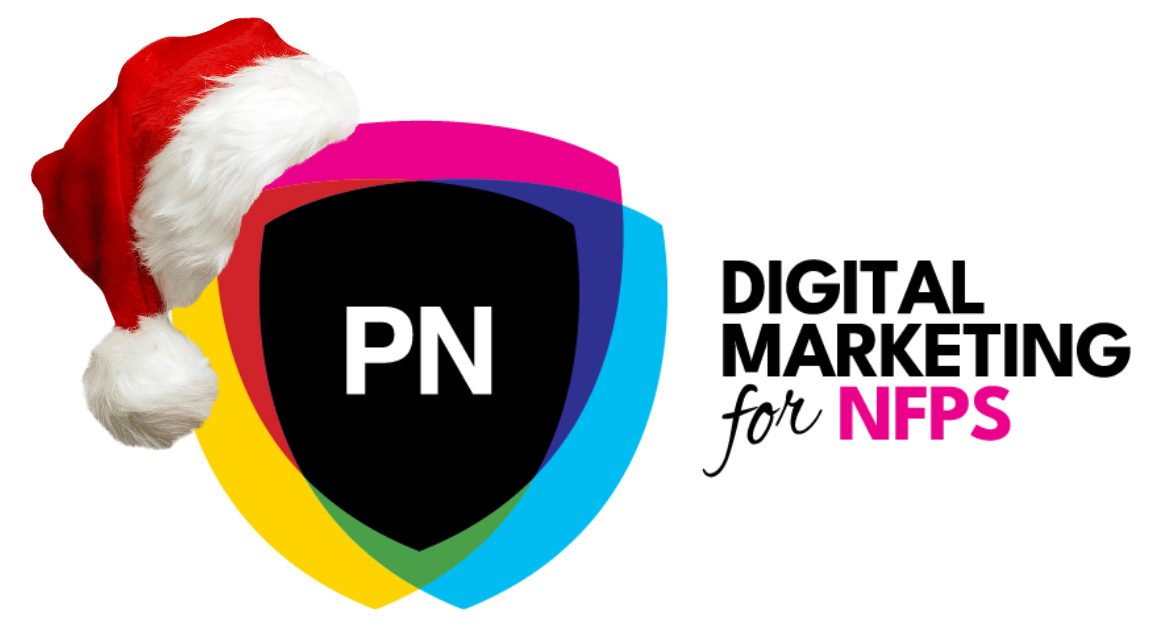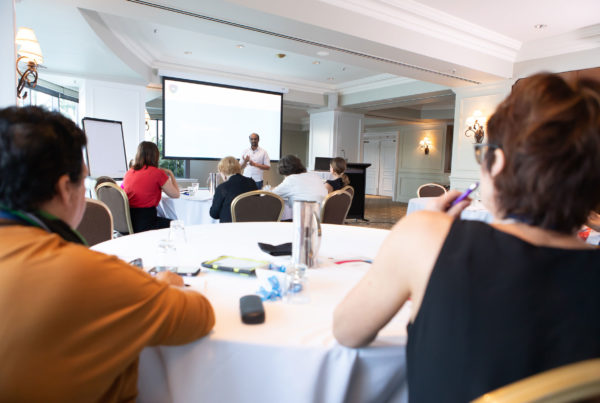Unless you’ve been living under a rock for the past 5 months, then you probably know that there have been some pretty big changes happening on Facebook in 2018, especially in relation to how business pages and their content appear in the news feed. The general consensus amongst social media marketers and content marketing specialists is that we need to be posting less frequently but more thoughtfully (quality over quantity), aiming for higher levels of engagement (especially comments) and building relationships (friends not followers).
But did you know that there are also so nasty habits that we need to be kicking in 2018 on Facebook? In our latest blog article, we’re talking about three things that you need to stop doing on Facebook in 2018 to ensure your content reaches as many people as possible.
Kick these bad habits for good in 2018:
- No Comment Goading:
Facebook comment goading is the practice of specifically asking (or telling) your audience members to engage with your post. You’ve all seen the posts – the ones that say ‘tag a mate who needs to see this’ or ‘comment yes or no if you agree’.Despite the increase in engagement on your post, Facebook considers this a dirty tactic and will punish your post – and potentially future posts – with a low organic reach. The changes to the platform are designed to encourage real, meaningful conversations – so if you are goading people into having the convos, then it doesn’t count.HOT TIP: It is fine to pose a question to your audience, especially if it is open-ended, but avoid following the question with phrases like ‘share your opinion in the comments’ or ‘leave a comment below to share your answer’. - No More ‘Like, Share, Tag’ Competitions:
This one follows on from the no goading rule, but if Facebook wants big, beefy comments and conversations on your posts, then goading people into liking the post and then leaving a one-word comment that consists only of the tagged person’s name is hardly going to increase your organic reach.A better idea might be to go back to the good ol’ days of ‘in 25 words or more’ style competitions, where you ask a question and to go in the draw, users have to answer the question in 25 words or more. This will not only encourage big juicy multi-sentence comments, but it also offers you the opportunity to get some great info from your audience, like their favourite features of your product, the first time they used your service or something similar. You can then mine this info, pull some answers out and turn them into graphics, gifs or videos and then BAM! New, fresh user-generated (kinda) content!Just make sure you word your competition carefully so that users understand that they need to comment with their answer to go in the draw but without specifically stating ‘comment below to win’. - Don’t Send People Away (Unless absolutely necessary)
One of the biggest changes to come out of the ‘Big Facebook Update of 2018’ is that Facebook is putting their foot down on freebie website traffic. If you are constantly posting links to your website and trying to drive your Facebook audience off Facebook and onto your website, you are going to notice a significant drop in organic reach.This is pretty understandable from Facebook’s point of view – they make their income from advertising and if you are driving their traffic off their platform to your own, then they are providing you with a free platform with no benefit to themselves.This doesn’t mean that you shouldn’t be posting any links back to your site – it just means that you need to be prepared to pay-to-play by boosting that content to increase its reach. You should also make sure that you are supporting any external link content with a few other content streams that gain lots of engagement and keep people on the Facebook page.HOT TIP: Does the content that you are linking to NEED to be hosted on your own website? Facebook has been working hard to create some really awesome on-platform content creation tools that you could look at integrating into your content marketing strategy. Content created with these tools – including Facebook Live, Facebook Events, Facebook Groups, Facebook Instant Articles and Facebook Catalogue – will be prioritised over posts that contain links to other websites. Combined with the ability to contact you directly via messenger, subscribe to your emails and view your entire product catalogue, you really have just about everything you need to market and sell your product or service on Facebook without ever leaving the platform.
Facebook in 2018:
Facebook in 2018 is a different beast to Facebook in 2017. It is all about creating meaningful conversations, growing friends not followers and keeping everyone on the platform for as long as possible. If you keep these tips in mind when planning your content strategy, you will find that Facebook will reward you with higher organic reach for your posts and content.
Want more?
If you’ve got any questions or want more information on any of the info in this post, shoot me an email at bek@pn.com.au.




